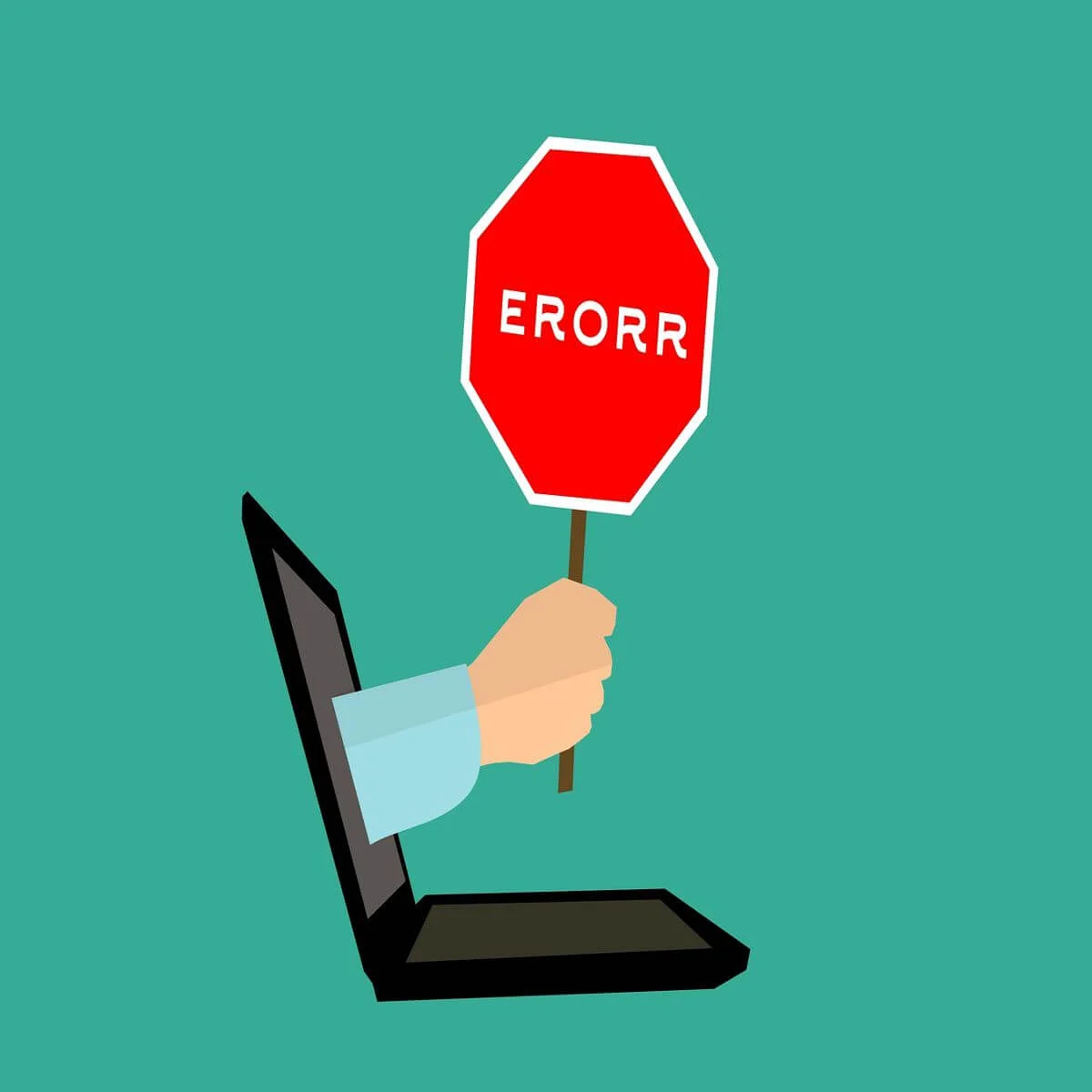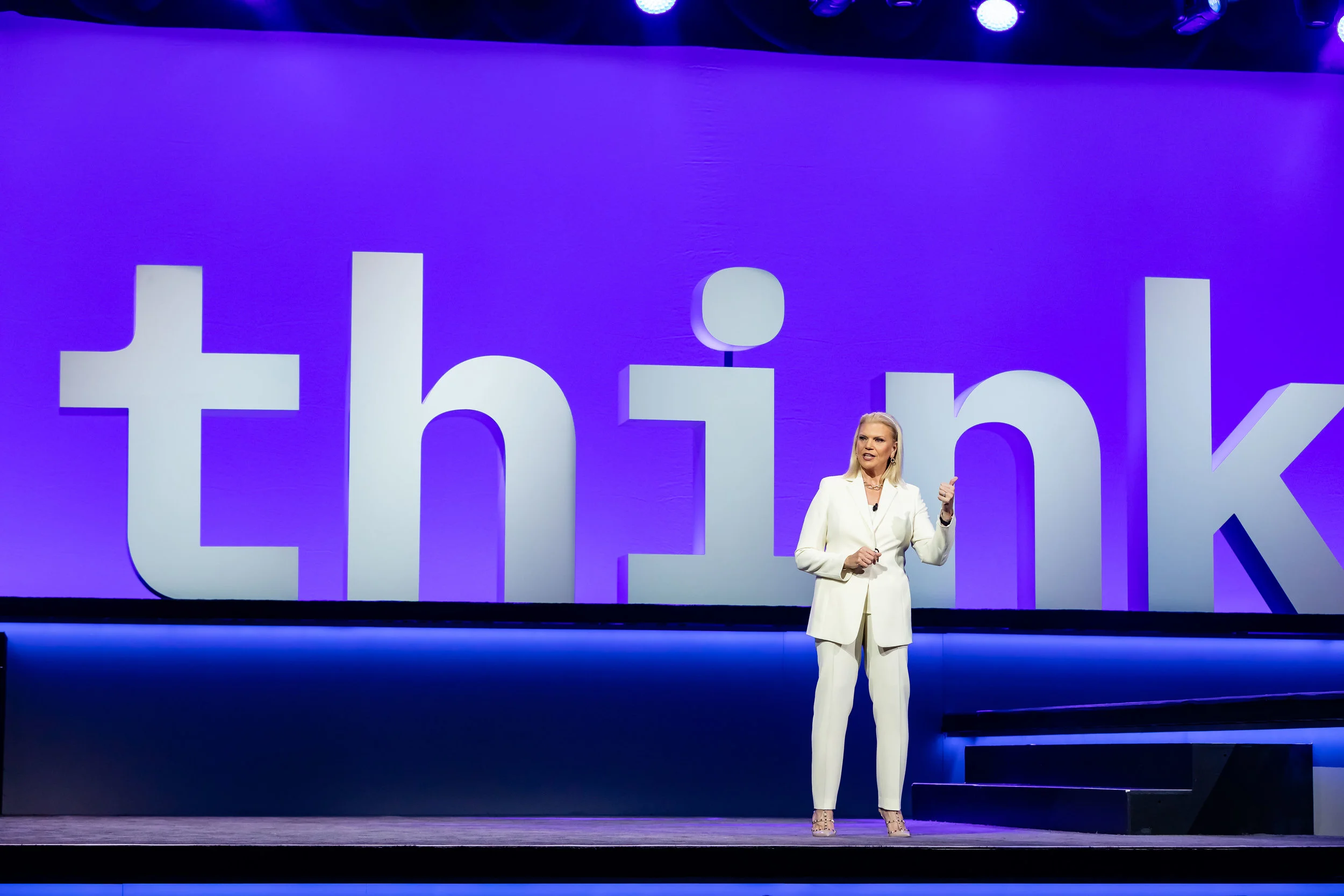Use this email template to get your boss to pay for your negotiation training, or any other professional development training that's on your path of leadership development.
Read MoreIn the third installment of Fearless Asking, we're getting clear on what our negotiation conversation partners want and why. Getting clear on what we want and why as well as what they want and why helps us find common ground and mutual benefit. To do this, ask open ended questions, such as "What are your desired outcomes?" "What are your concerns?" Or "How can we solve this problem so that we can both get what we want?"
Read MoreYou can be an ambitious, brave AND collaborative negotiator.
You can be a communicator who leads through problem-solving, value-creating conversations.
In his excellent book Never Split the Difference, former FBI hostage negotiator Chris Voss explains there are three basic types of negotiators: Assertive, Analyst and Accommodator. Each has different needs, interpretation of time and silence, strengths and weaknesses.
Read MoreLisa and I give our attendees the vocabulary, or the language for negotiation after the role-play, during which they put their natural skills on the table. The vocabulary inspires self-awareness, confidence and clarity.
Read MoreSo, if I were graduating from college right now, I'd empty my head and master six skills:
Read MoreNegotiators—whether politicians or homebuyers—begin with bold concessions which rapidly shrink the gulf between opposing sides.
Read MoreListen.
We're all somewhat afraid of conflict, at least those of us who are not sociopaths.
Men and women both want their days to pass without having accusations hurled at them, without hearing what a frenemy is saying behind their backs, and without stirring their colleagues or clients to anger.
Women, however, do tend to react to a negotiation challenge somewhat more fearful of an angry response than do men.
Read More

















